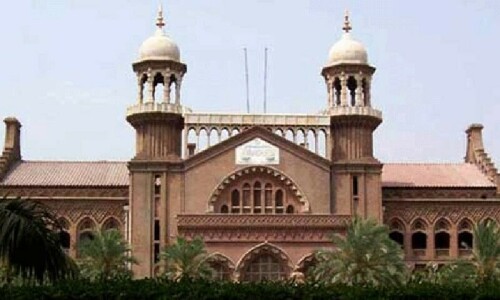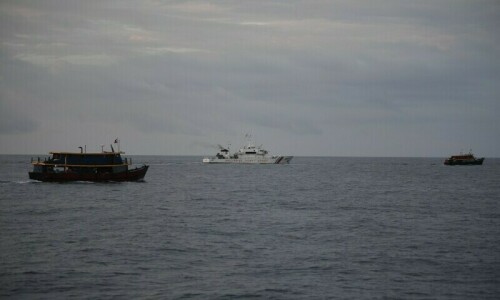Raheel Sharif leading Saudi alliance will bring unity to Muslim world: Nasser Janjua
The appointment of the former army chief, retired Gen Raheel Sharif, as the head of a Saudi-led 39-nation Islamic military alliance will prove to a welcome step for the Muslim world, National Security Adviser Nasser Janjua said on Monday.
Speaking to reporters on the sidelines of a conference on maritime security in Islamabad, the retired lieutenant general said if Sharif was chosen to lead the military alliance, "he will become a reason for the unity of Muslim Ummah".
"Gen Raheel Sharif will use his experiences and knowledge to remove internal misunderstandings among Muslim countries," Janjua said, adding that the former army chief's appointment will even benefit "anti-alliance countries, including Iran".
Gen Sharif is likely to assume the command of the anti-terrorism alliance, which is being dubbed as a ‘Muslim Nato’, in April.
The government had issued a no-objection certificate for Sharif to join the alliance after an understanding was reached between Pakistan and Saudi Arabia on the matter, retired Maj Gen Ijaz Awan, a defence analyst and close associate of the former army chief, told Dawn on Saturday.
'Pakistan a gateway for other countries'
Janjua during his address said Pakistan serves as a gateway for other countries of the region to connect with the external world.
"Theoretically, we have attained the status of a major economic corridor," he said.
He said nearly 90 per cent of the trade from the South China Sea is shifting to this region. "We will have to devise our maritime security [policy] keeping in mind all these dimensions," he said.
Closing the 'western front' through diplomacy
Speaking on the broader regional situation, Janjua said Pakistan will have to close its western [Afghan] front by developing better relations.
"We will have to improve our relations with Afghanistan in every condition," he said, adding that Pakistan had been affected by the deteriorating security situation in Afghanistan for the past 38 years.
While addressing Afghanistan's role in the success of the China-Pakistan Economic Corridor (CPEC), he said Russia and Central Asian countries will benefit from CPEC only if there is lasting peace in Afghanistan.
While noting that India had opened two fronts against two nuclear powers, Pakistan and China, Nasser said this was an "unwise decision" that would cost India.
Janjua also noted that India and the United States had emerged as major defence stakeholders in the world, and termed a logistics and maritime agreement between them an "alarm bell" for Pakistan.














































